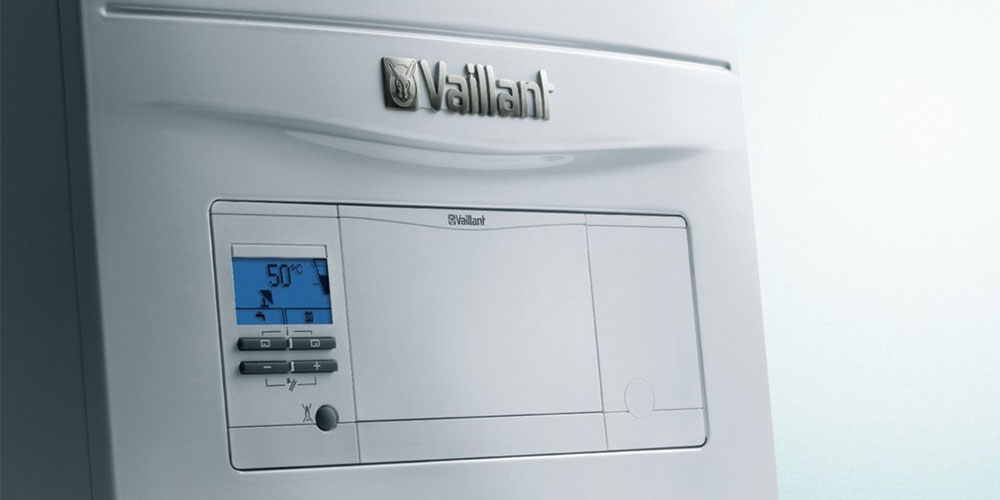With annual gas and electricity bills set to increase by an average of £700 and further price rises expected, it’s becoming imperative that you squeeze the most out of your heating system. With close to two-thirds of your energy costs attributed to heating alone, boiler efficiency should be the top priority for reducing your energy spending.
Replacing an old and inefficient boiler is the easiest way to dramatically lower your gas consumption. However, most homeowners baulk at the cost of replacing an old boiler, which often runs in thousands of pounds. You might well think that this option should only be taken up if your boiler breaks down for good, yet it’s often the cheapest long-term solution.
With that in mind, let’s look at how much a new boiler can save you and whether it’s worth the significant upfront investment.
How Efficient Is My Current Boiler?
Deciding how much money you could save by switching to a new boiler starts with assessing the energy efficiency rating of your current boiler.
All boilers manufactured and installed after 2010 should have an efficiency rating of at least 88%. If your boiler was manufactured before this date, it could have a boiler efficiency rating significantly below this value. For instance, you might have a G-rated boiler, which is only 65% efficient.
You can find the exact rating of your boiler on the energy label, which is usually located on the front or side of your boiler. Alternatively, you can enter the model details of your boiler online to view its efficiency rating.
How Much Money Can I Save By Upgrading to a More Efficient Boiler?
The amount you can shave off your energy bills by upgrading your boiler will depend on numerous factors, including the type of boiler you use (e.g. condensing vs. non-condensing) and the nature of your home.
That said, here are the projected savings delivered by your new boiler as calculated by the Energy Savings Trust when upgrading from a G-rated or D-rated boiler:
D-rated Boiler to A-rated Boiler
- Detached property – £165
- Semi-Detached Property – £135
- Detached Bungalow – £105
- Apartment – £50
- Terraced Property – £115
G-rated Boiler to A-rated Boiler
- Detached property – £365
- Semi-Detached Property – £240
- Detached Bungalow – £190
- Apartment – £95
- Terraced Property – £205
As you can see, the savings can be substantial and will be even more significant today, given these figures were calculated using prices from November 2021. But you have to set these costs off against the installation costs, so is upgrading worth it?
How Much Will a New Boiler Installation Cost?
While it’s impossible to give you an exact figure for the cost of a new boiler installation, you can expect to spend in the region of £1,000-£3,000, excluding radiators.
Of course, the savings you recoup won’t initially cover these costs. However, if you decide to use finance or credit to spread the cost over ten years, for example, the monthly savings could be significantly higher than the monthly instalments, and your boiler could essentially pay for itself.
Which Boiler Should I Go For?
There’s no right or wrong answer when choosing your new boiler. The perfect boiler for you will depend on your individual needs and preferences, such as the size of your property and whether you need to store hot water.
The most common types of boilers used in UK homes are combi boilers, conventional boilers, and system boilers. Still, a specialist solution or a switch to an electric boiler may represent a better choice for your specific circumstances. No matter your choice of boiler type, many leading brands offer similar performance metrics.
If you would like advice regarding your choice of a new boiler, we install and can advise you on the merits of boilers from the following reputable brands:
- Baxi
- Worcester Bosch Group
- Glow Worm
- Vaillant
- Viessmann
- Alpha
- Vokera
- Ideal
- Potterton
- Keston
- Ravenheat
- Ariston
- Ferroli
If you’re thinking of reaping the savings associated with a new, more energy-efficient boiler, don’t hesitate to call us on 0758 0395 493 to discuss your options. We are available 8 am – 8 pm every weekday for no-obligation advice and quotations.








